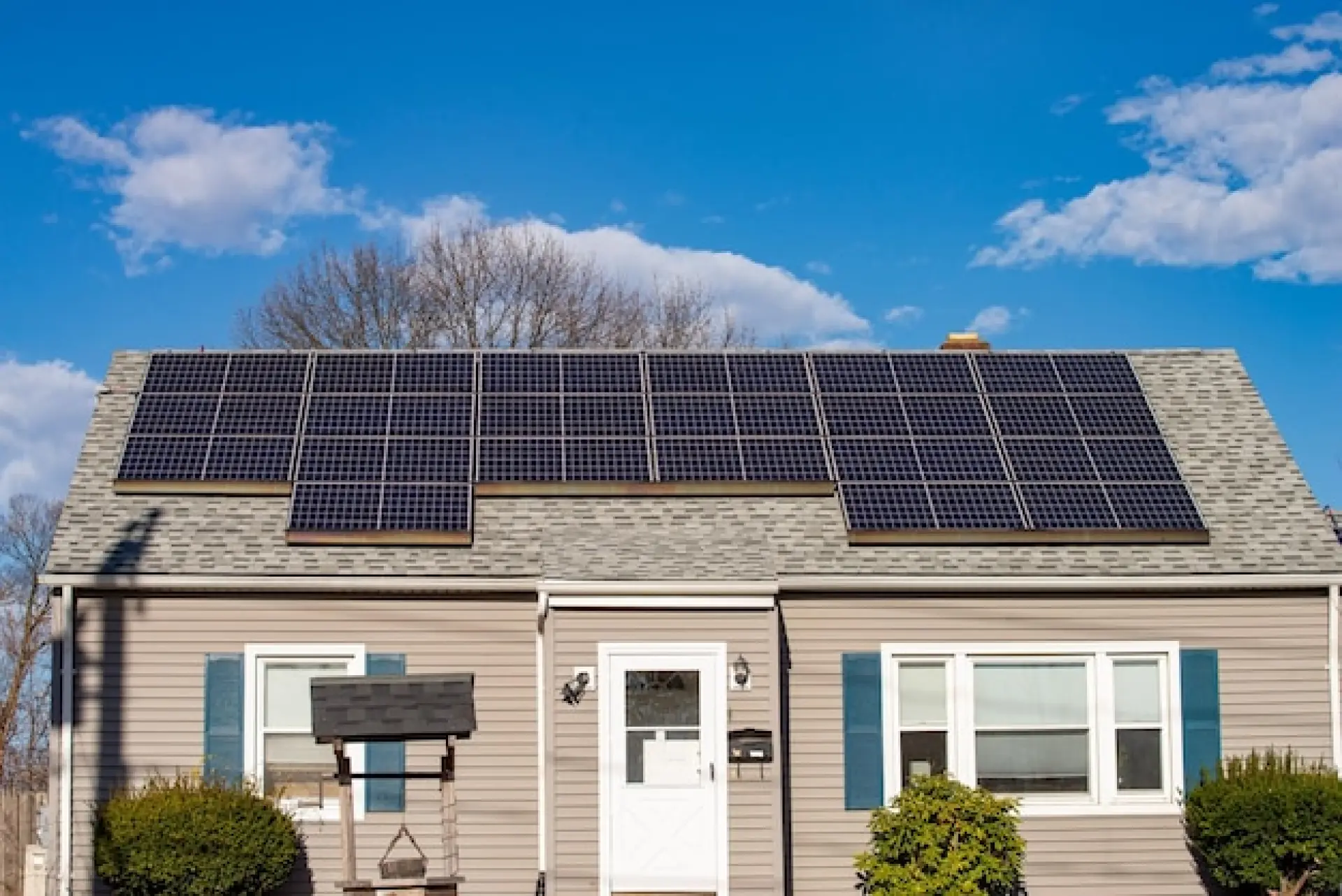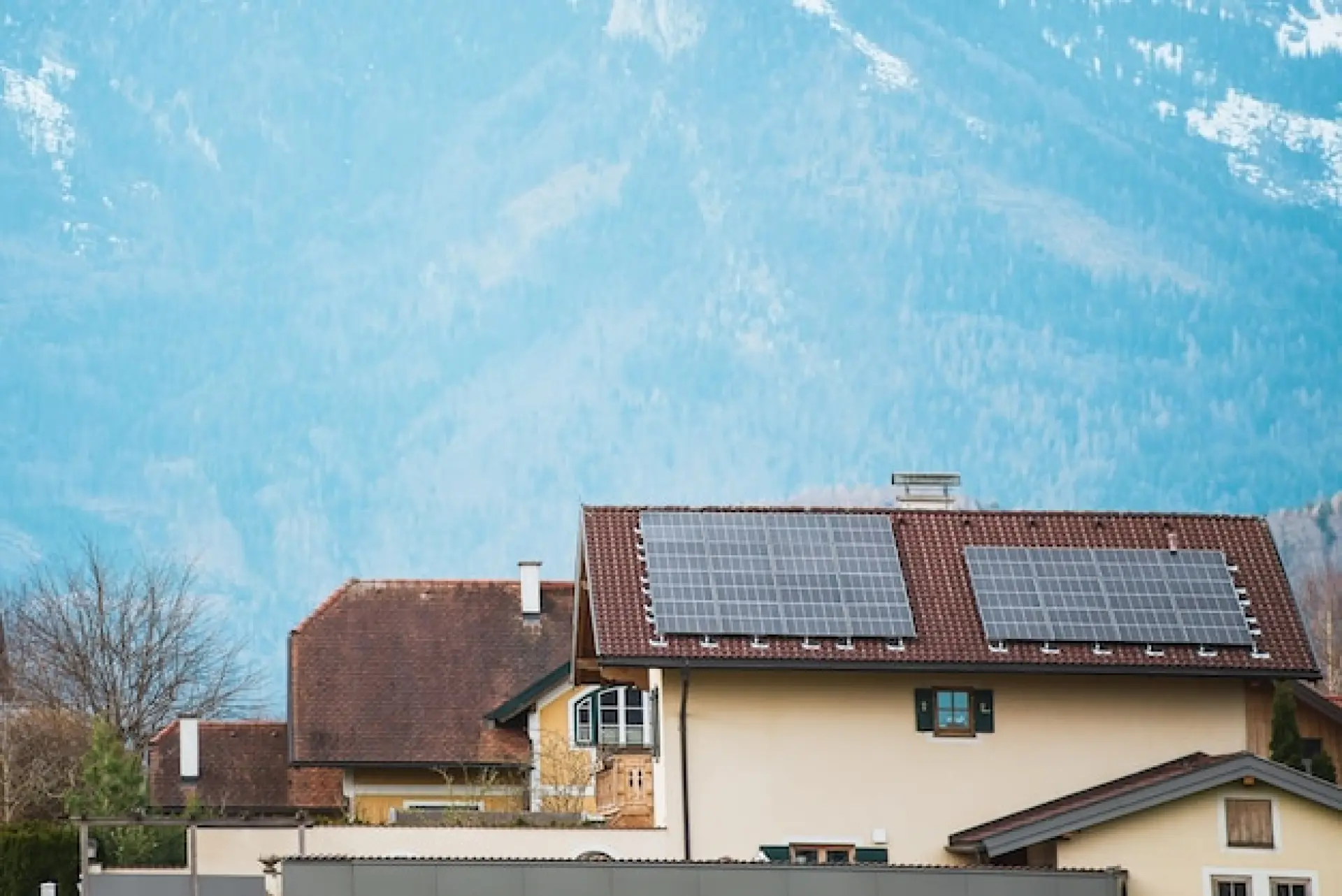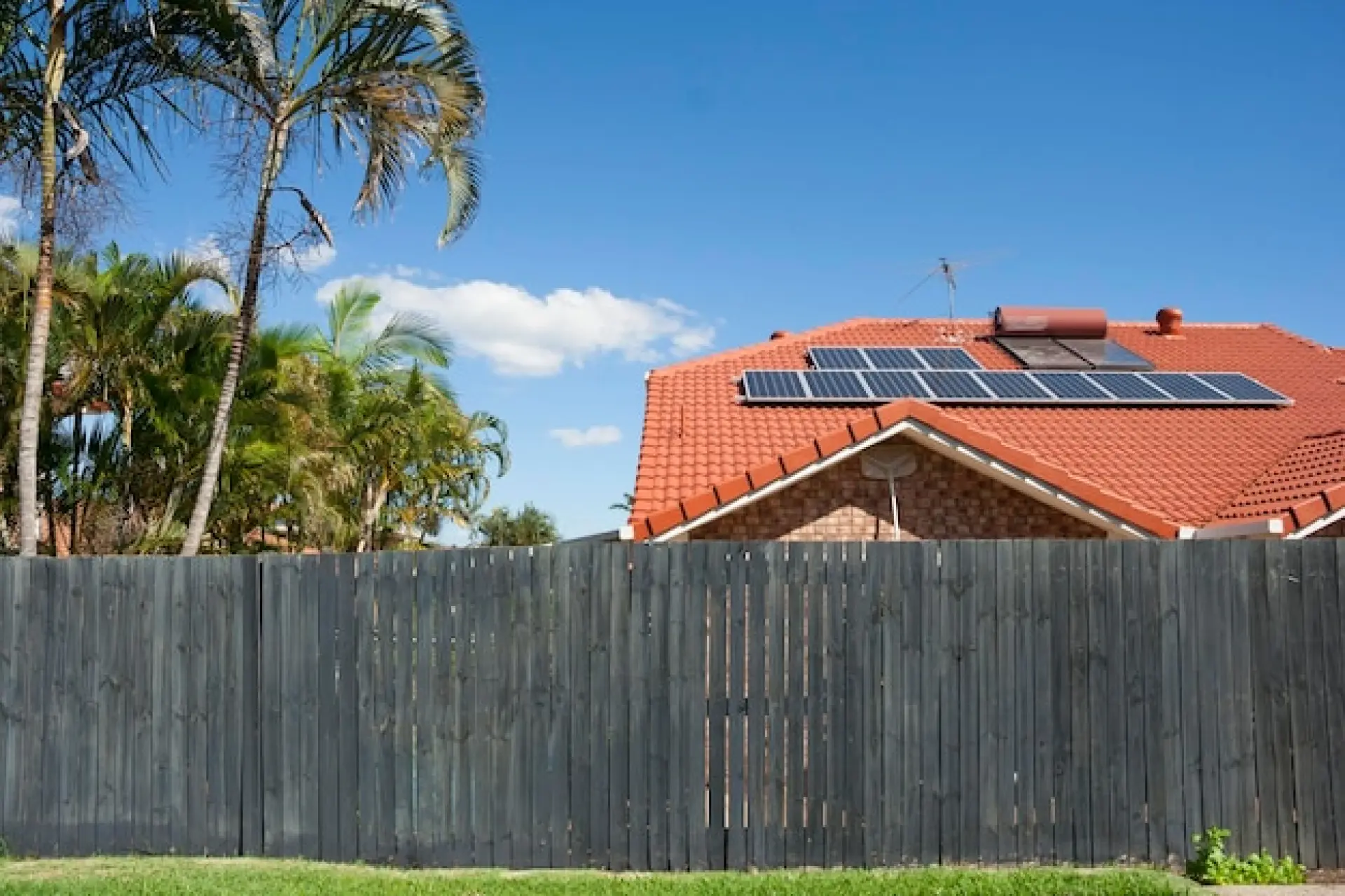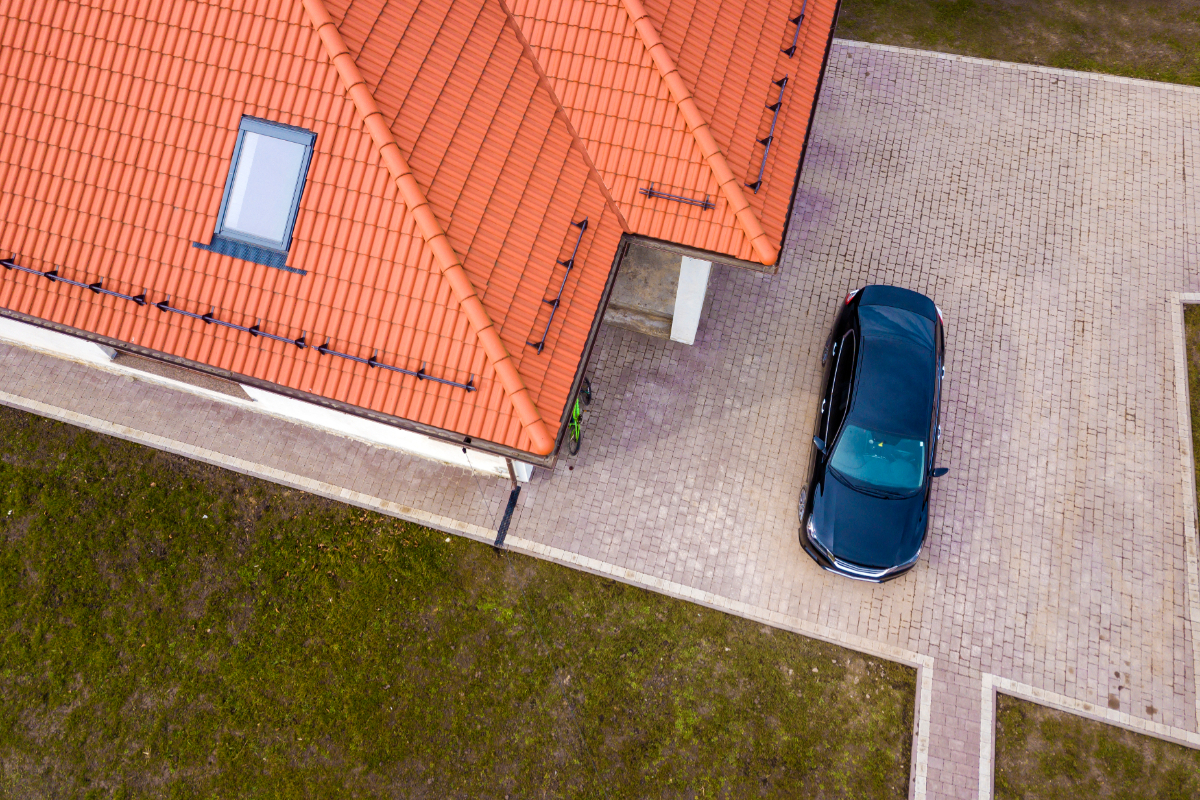We look at common issues Identified in Solar Panel Surveys. Optimise your solar energy production and discover if your solar power system is working correctly.
Roof Condition Problems
Before installing solar panels, a roof must be in good condition to support the system safely and efficiently. Surveys often identify issues such as broken or missing tiles, structural weaknesses, or leaks. An ageing roof may struggle to bear the weight of solar panels, increasing the risk of damage.
Additionally, damp or rotting timber beneath the surface can cause long-term problems. If repairs are needed, they should be completed before installation to prevent costly maintenance later. A professional assessment can determine whether reinforcement is necessary. Ensuring a stable, durable roof will help maximise the lifespan and performance of solar panels, providing a secure foundation for long-term energy generation.
Shading and Sunlight Obstructions
Effective solar energy production relies on direct sunlight, but shading can reduce efficiency. Solar panel surveys often identify issues such as overhanging trees, nearby buildings, or chimney shadows blocking sunlight. Even partial shading on a single panel can impact the entire system’s performance, as many solar panels are connected in series.
Seasonal variations also need to be considered, as shadows shift throughout the year. Some shading issues can be resolved by trimming trees or adjusting panel placement. In cases where shading is unavoidable, optimisers or micro-inverters can help minimise power loss. Addressing these obstructions ensures that panels receive the maximum sunlight exposure for optimal energy generation.
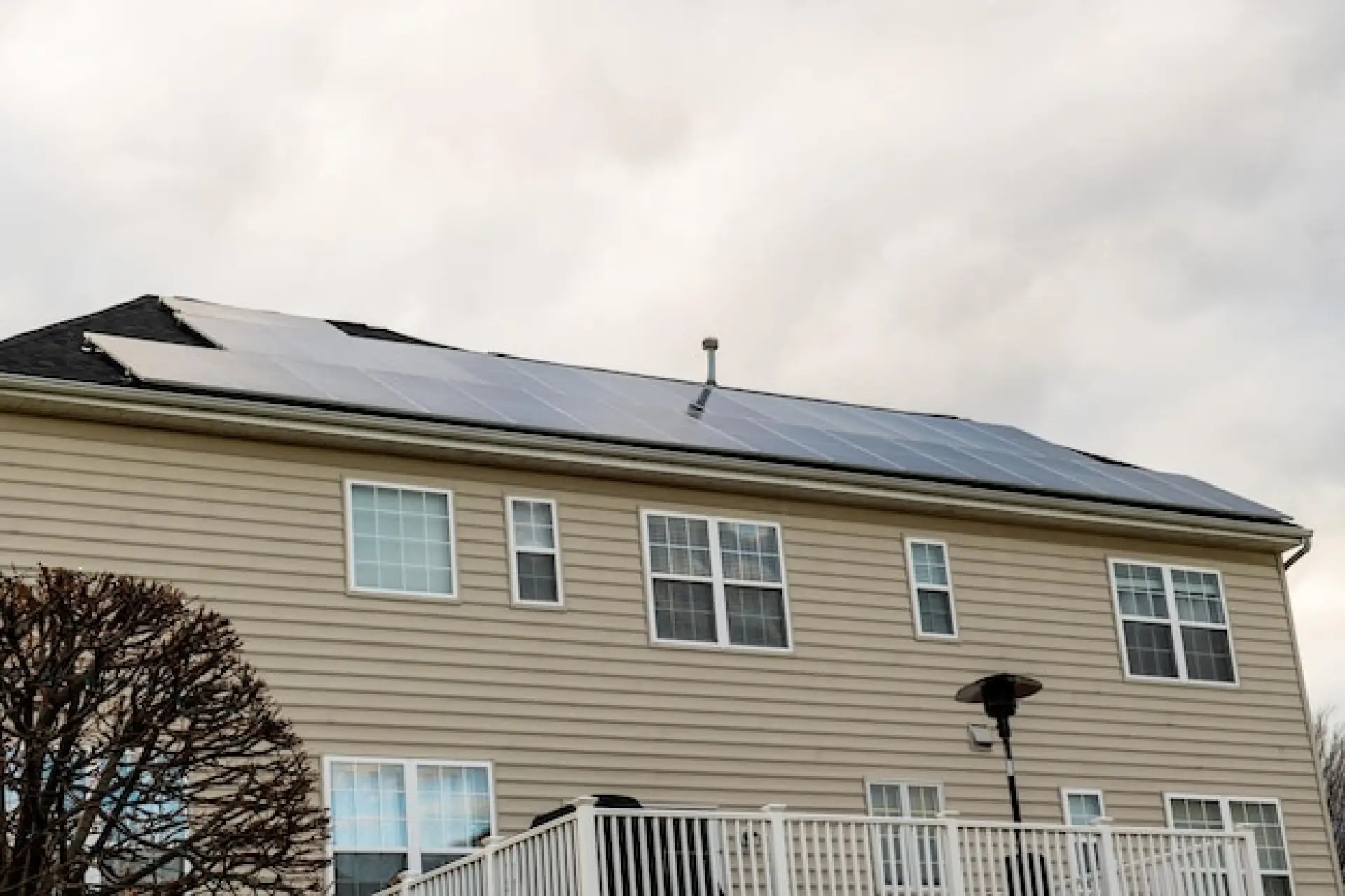
Another important consideration is the impact of surrounding developments. Future construction projects or renovations on neighbouring properties may alter shading conditions over time.
Homeowners should research local planning permissions and consider whether new buildings or extensions could create additional shading in the future. The orientation and height of adjacent structures play a significant role in solar energy efficiency.
Additionally, atmospheric factors such as pollution or dust accumulation can slightly reduce sunlight penetration. Regular cleaning of panels can help maintain performance, particularly in areas with high levels of airborne debris. Understanding these potential changes and preparing for them in advance can help ensure long-term solar energy benefits.
Panel Placement and Alignment Issues
The placement and angle of solar panels are crucial for maximising energy output. Surveys often reveal improper alignment, such as panels installed at the wrong angle or facing a less efficient direction. In the UK, south-facing panels typically generate the most energy, while east- and west-facing panels can still be effective. Flat roofs may require additional mounting structures to achieve the best angle.
Poor placement can result in reduced energy production and longer payback periods. Ensuring correct positioning, tilt, and orientation will help improve efficiency and allow the system to generate the expected amount of electricity. A professional installer can provide guidance on the best setup for each location.
Electrical System Faults
A solar panel system must be correctly integrated with a building’s electrical system to function safely. Surveys often uncover issues such as outdated wiring, faulty connections, or insufficient circuit capacity. Poor installation or wear and tear over time can lead to safety hazards, including the risk of electrical fires. Inverter problems are also common, as these devices convert solar energy into usable electricity.
A faulty inverter can reduce system performance or cause a complete failure. Regular inspections help identify potential faults early, ensuring the system operates efficiently and safely. Any electrical issues should be addressed by a qualified electrician before installation or maintenance work continues.
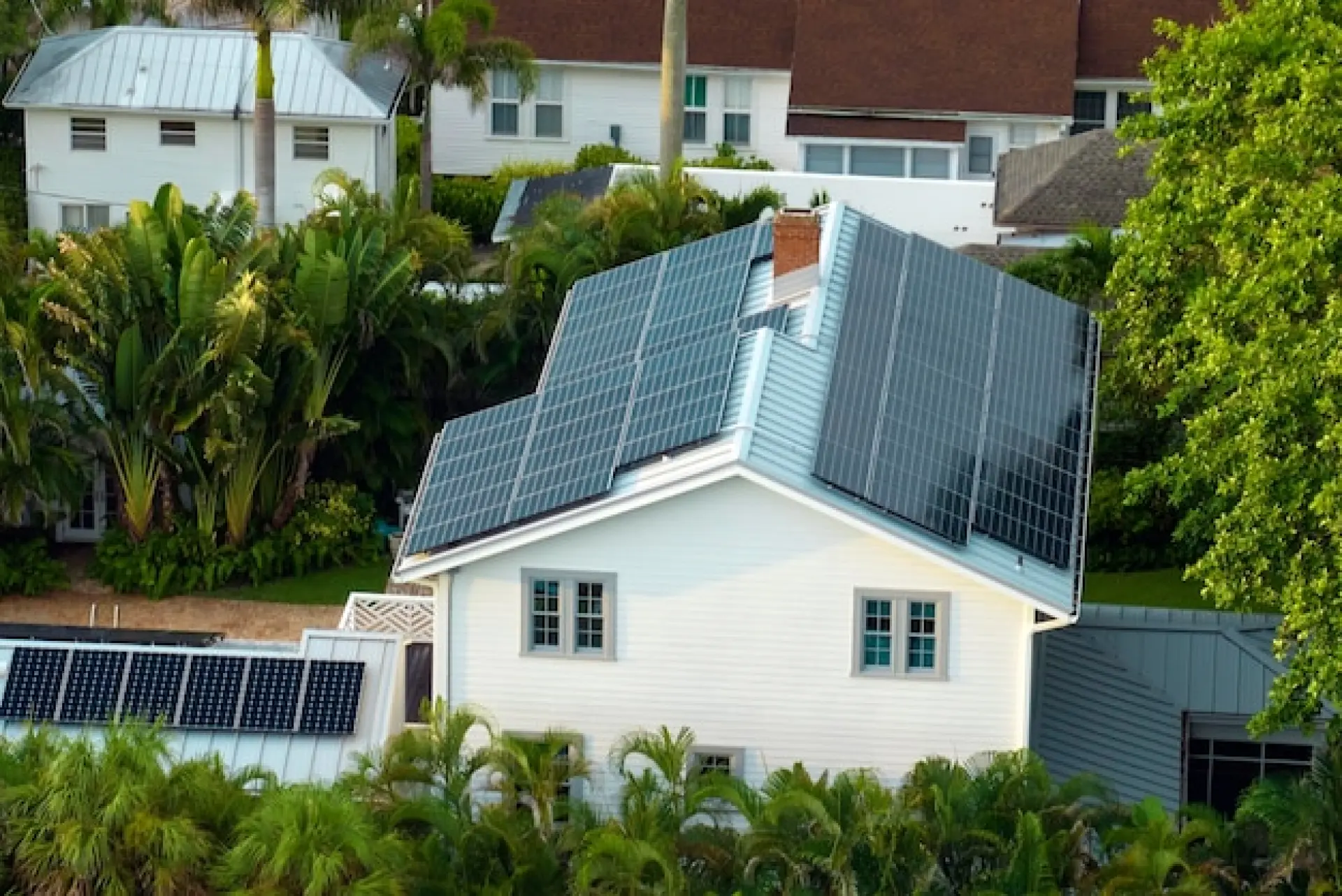
Another major concern is the compatibility of the solar system with the existing electrical infrastructure. Some older properties may have electrical panels that are not equipped to handle the additional load of a solar installation.
In such cases, an upgrade to the main electrical panel may be necessary to prevent circuit overloads or power imbalances. Wiring quality is another critical factor, as substandard or aged wiring can lead to voltage fluctuations, affecting overall system efficiency.
Grounding and surge protection should also be assessed to safeguard the system against electrical faults or lightning strikes. Proper grounding helps prevent damage to the panels and reduces the risk of electrical shock.
Ensuring a well-integrated and modernised electrical setup will enhance the safety, reliability, and effectiveness of a solar power system.
Structural and Safety Concerns
Solar panels must be securely installed to withstand weather conditions, including strong winds and heavy rain. Surveys often reveal structural concerns, such as weak mounting points or inadequate support frames. If panels are not properly secured, they may become loose over time, leading to damage or safety risks.
Incorrect installation can put strain on the roof, increasing the risk of leaks or collapse. Access and maintenance safety are also important, as poorly planned installations can make servicing difficult. Ensuring that mounting systems are strong and correctly positioned helps maintain both safety and performance. A thorough survey can identify and resolve these concerns before installation.
If you're looking for professional solar survey near you, contact Dog House Drones today. We offer Solar Panel Inspection throughout Milton Keynes, Buckinghamshire, Oxfordshire, Warwickshire & Surrounding Counties.

